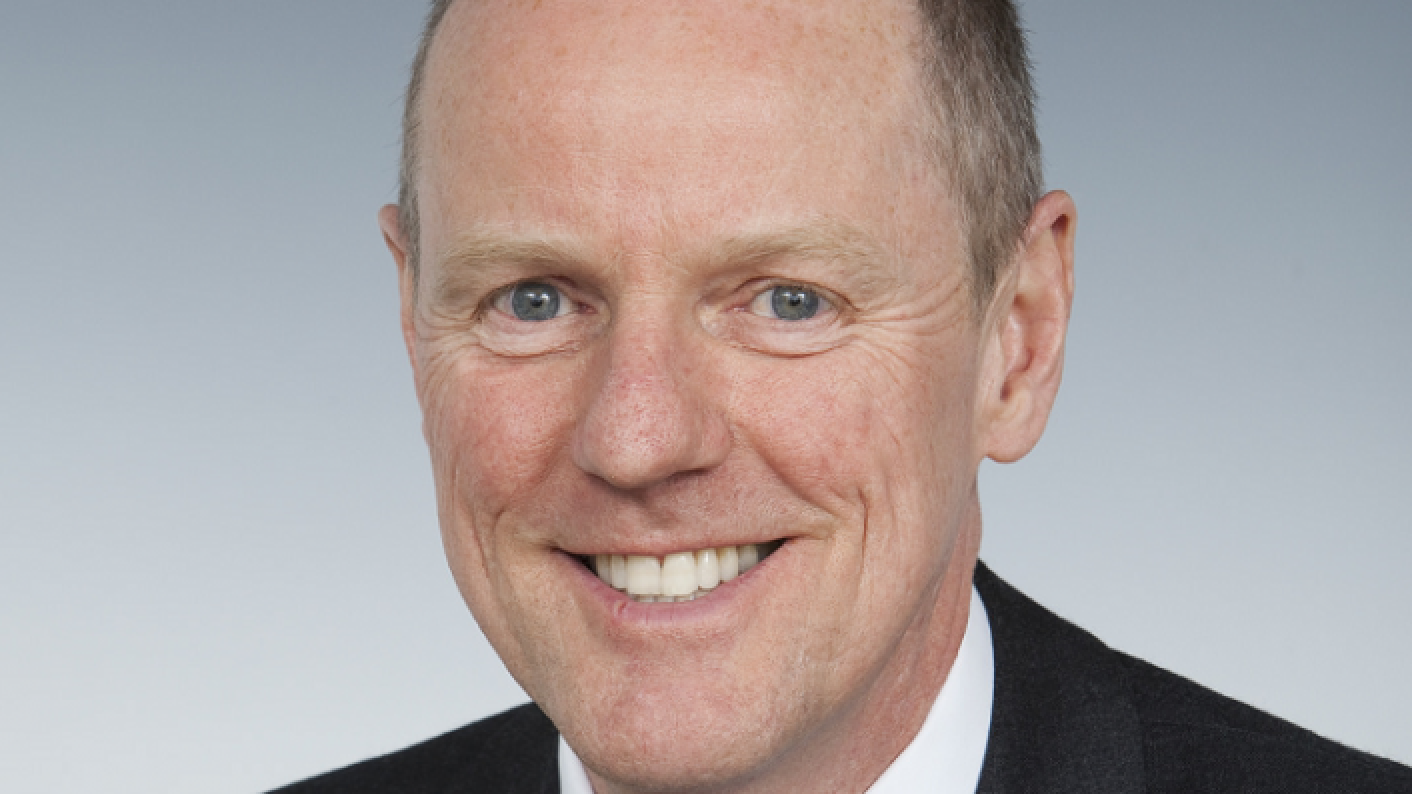WATCH: Will pupil premium ‘cut’ risk teacher jobs?

“I may be looking at redundancies in the next year.”
That’s the stark reality for one primary school head following the government’s so-called “stealth cut” to this year’s funds set aside for disadvantaged pupils.
And it is not only teaching jobs that could be jeopardised by the controversial change to the way pupil premium money is allocated this year.
Exclusive: DfE’s valuation of ‘stealth’ cut kept secret
Gibb: Schools ‘won’t lose out over pupil premium change’
Investigation: ‘Come clean’ on funding gap, DfE told
Paul Urry, who is head of St Stephen’s CE Primary School in Bradford, also told Tes that his push to improve online learning access for disadvantaged pupils had been put “on hold” as a result of the policy shift.
The Department for Education has so far refused to specify the amount that schools are set to lose from its decision to calculate pupil premium allocations for 2021-22 based on a census from last October, and not in January, when more pupils would have been eligible.
But the consequences are already abundantly clear to heads, who face the daunting challenge of helping their pupils recover from the havoc the pandemic has wreaked on their education over the past year.
Kate Green, Labour’s shadow education secretary, has described the policy shift as a “stealth cut”.
The estimated size of the resulting funding gap has ranged from £3.5 million across five London boroughs, to between £5.16 million and £7.26 million among schools in the North East. The national loss was placed at £133 million by Labour.
Now, in order to better understand the impact of the change on the ground, Tes has been speaking to heads from across the country about the size of the hole it has left in their budgets - and what this means for the year to come.
Watch: Headteacher warns pupil premium change could lead to job losses
At Mr Urry’s school, 25 pupils became newly eligible for the premium between October and January.
This means that, had the government allocated funds according to the January census, as schools had been expecting, he would have received an additional £33,000 to spend on his most disadvantaged pupils in 2021-22 - a crucial time for their education as the country begins to emerge from the Covid crisis.
“We have an overall budget of about £2.4 million and the amount we have lost as a result of this rule change is £33,000,” he said.
When all is taken into account, his budget will increase by just £240 this year, he says.
Explainer: What is the pupil premium policy shift?
This year, the government has decided to calculate the number of children attracting pupil premium funding from April using a different reference point.
Instead of basing its allocations on the number of children eligible in January, as it has done in previous years, the Department for Education is using data from a census carried out last October.
The change means that any children who became newly eligible between October and January will not attract pupil premium money in school budgets allocated from April this year.
The policy shift came as a shock to schools, which said it would deprive them of thousands of pounds that should be spent on helping disadvantaged pupils.
Digital divide
Mr Urry explained that the pupil premium funds were earmarked for boosting digital access for disadvantaged pupils.
“We were hoping to highlight the digital poverty we have in our area,” he said.
“Certainly, Covid and lockdown highlighted the issues that we face with the lack of digital access our pupils face, so we were in the process of creating a new virtual learning environment online, and encouraging more digital home learning, but part of that would be to provide a device for every child within our school community, and that’s what the money was going to be used for.”

Mr Urry said this had now been put “on hold” - but he still had a “vision and desire” to go through with the plans.
The hope is that the new virtual platform will go live in September, but the school is relying on an ongoing crowdfunding effort to source the cash.
School staff redundancies
He added that the pupil premium policy change may even result in job cuts at his school.
“The reality is with losing that amount of money, coupled with the fact I’ve hardly got a budget increase means that, despite a very good carry forward, I may be looking at redundancies in the next year,” he said.
Mr Urry clarified that any job losses would be the result of a combination of factors, including the financial impact of the pupil premium change, a reduction in the number new school entrants, and costs associated with teacher pay rises.
“The reason we’ll be looking at redundancies, when you think it’s only £33,000 [that we will lose from the pupil premium change], is because of the fact we have a fall in roll numbers, and we also have issues with looking at the budget increase for staffing costs in the next couple of years, with the changes in staffing costs for the M1 to M6 - significant changes there that would cost us up to £100,000,” he said.
He said cutting staff from his “tight knit team”, which is “fragile” after the last restructure, would be “detrimental to the whole school”.
Pastoral support squeezed
“We recognise that all the staff we have in school do work together to benefit the whole child, not just the LSAs in the classroom but also our nurture team - that social, emotional, and mental health aspect of what we do,” he said.
“It is a very tight knit team that we’ve developed since our last restructuring, and it’s quite fragile in that respect. Each part of that team was dependent on the other.
“The idea of being able to take individual aspects of it out would be detrimental to the whole school. I will do everything possible to maintain the excellent staffing that we have, but the team that we have are working to the benefit of not just the children but our community as well.”

Nick Gibb’s ‘desperate’ claim
Mr Urry also hit back at Nick Gibb’s recent suggestion that schools claiming they are losing out from the change may not have calculated the impact correctly.
The schools minister said last month: ”[Schools] will not have done the matching process of ensuring that the new eligibility for free school meals - if they’ve ever been eligible for free school meals in the last six years, they will already be receiving pupil premium funding for that school.”

But Mr Urry said this insinuation was “a little bit desperate”.
“Firstly, I can speak from our point of view, all of our claimants are brand new, as a result of changing financial circumstances of their family,” he said.
“The other thing is that we’ve always had the case - our funding has been calculated from the January census, it’s always been that. It’s not a temporary change.”
He added: “The job is hard enough as it is, we just want to have clarity about what’s going on.”
The DfE has been approached for comment.
You need a Tes subscription to read this article
Subscribe now to read this article and get other subscriber-only content:
- Unlimited access to all Tes magazine content
- Exclusive subscriber-only stories
- Award-winning email newsletters
Already a subscriber? Log in
You need a subscription to read this article
Subscribe now to read this article and get other subscriber-only content, including:
- Unlimited access to all Tes magazine content
- Exclusive subscriber-only stories
- Award-winning email newsletters
topics in this article



